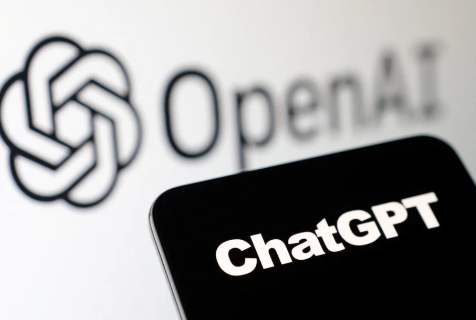A Kenyan individual has developed a tool called ‘Finance Bill GPT’ utilizing the popular artificial intelligence (AI) chatbot ChatGPT to aid Kenyans in comprehending the contentious Finance Bill 2024.
Created by Kelvin Onkundi, the chatbot functions similarly to OpenAI’s ChatGPT by receiving questions and generating text-based responses.
On Thursday, Onkundi announced the launch of the chatbot on X, encouraging users to utilize it for understanding the Finance Bill and posing any related questions. Despite its focus on the Finance Bill, the chatbot can respond to various questions beyond the draft law due to the capabilities of large language models (LLMs) that ChatGPT is based on.
ChatGPT, built on OpenAI’s generative pre-trained transformer (GPT) models, was introduced by the Microsoft-backed AI company in November 2022, garnering significant success and contributing to the AI advancement.
Training AI models involves exposing them to extensive text data such as books, articles, or web pages. Onkundi mentioned using the bill itself and articles from journalists to train ‘Finance Bill GPT’, although he was unavailable for further comment.
The release of OpenAI’s GPT-3 in 2021 led to a surge in chatbot applications, prompting the emergence of various AI tools capable of generating realistic images, speech synthesis, and text-to-video models. Notable examples of large language models include Google’s Gemini, Anthropic’s Claude, and Llama 3 by Facebook parent Meta.
OpenAI’s GPT-4 foundation model was released in March 2023, and the company is currently developing Sora, a text-to-video generation model.
Molo MP Kimani Kuria is the sponsor of the controversial 2024 Finance Bill, which aims to amend several legislations including the Income Tax Act, the Value Added Tax Act, the Excise Duty Act, the Tax Procedures Act, and the Miscellaneous Fees and Levies Act.
Additionally, it targets amendments to the Affordable Housing Act, the Industrial Training Act, the Data Protection Act, the Public Finance Management Act, and the Kenya Revenue Authority Act. During the public participation process, which concluded on June 10, over 600 stakeholders, including the bill’s sponsor Kuria who chairs the National Assembly Finance Committee, presented their views.
The Treasury aims to generate an additional Ksh.300 billion through taxes in the bill, despite significant opposition from a majority of Kenyans according to opinion polls. The Parliament is currently deliberating on the draft law this week.



